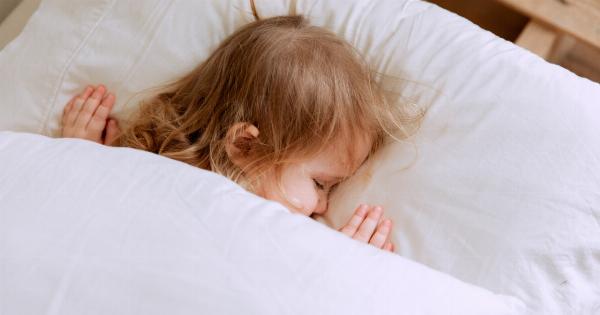Mental health issues among children are prevalent, but they often go unnoticed. The signs of a mental health issue may be present, but it can be challenging for parents to recognize them.
While mental health issues can manifest in a variety of ways, there are several general signs parents can look for to identify if their child is struggling with their mental health.
Signs of Mental Health Issues in Children
Parents can recognize that their children are struggling with mental health issues by observing the following signs:.
1. Changes in Behavior
A child who is struggling with mental health issues may have a significant change in behavior.
For instance, if a child who is typically outgoing and happy starts isolating themselves or shows extreme anxiety, you may want to ask them what is bothering them.
2. Changes in Mood
If your child’s mood seems to be constantly changing or fluctuating, it could be a sign that they’re struggling with their mental health.
For example, if your child is more irritable or angry than usual, it could indicate that something is troubling them.
3. Difficulty Concentrating or Focusing
If your child is struggling with mental health issues, they may find it difficult to focus or concentrate on tasks. They may seem disinterested in activities they previously enjoyed and be unable to complete tasks that require significant mental focus.
4. Physical Symptoms
Mental health issues can also manifest in physical symptoms such as headaches, stomachaches, and fatigue. If your child is experiencing physical symptoms without an explanation, it could be a sign that they’re struggling with their mental health.
5. Changes in Appetite or Sleep Patterns
A child who is struggling with their mental health may experience changes in their appetite or sleep patterns. They may lose their appetite or have difficulty sleeping, or conversely, they may eat excessively and have trouble staying asleep.
6. Social Withdrawal
If a child who is typically social and outgoing begins to show signs of social withdrawal, it might be a sign they’re struggling with their mental health.
They may avoid their friends and family members, engage in solitary activities, and become less interested in social gatherings.
7. Self-Criticism or Negative Thinking
A child struggling with mental health issues may have negative thoughts about themselves, and they may criticize themselves harshly or engage in negative self-talk.
This behavior can indicate anxiety or depression, and parents should be aware of the signs and engage their child in open conversation to gain a better understanding of what’s troubling them.
How to Help Your Child
If you recognize any of these signs in your child, it’s essential to talk openly with them and seek help from a mental health professional. Early diagnosis and treatment can be life-changing and can prevent more severe problems down the line.
You may want to start the conversation with your child by letting them know you’re concerned and that you’re willing to help. Encourage your child to express their feelings and take time to listen to them.
Remember not to minimize their feelings or ignore the signs altogether.
Conclusion
Early detection and intervention are key to supporting mental wellness in children.
Recognizing signs of mental health issues, listening to your child, and seeking professional help can help your child overcome mental health issues and lead a fulfilled life.

























